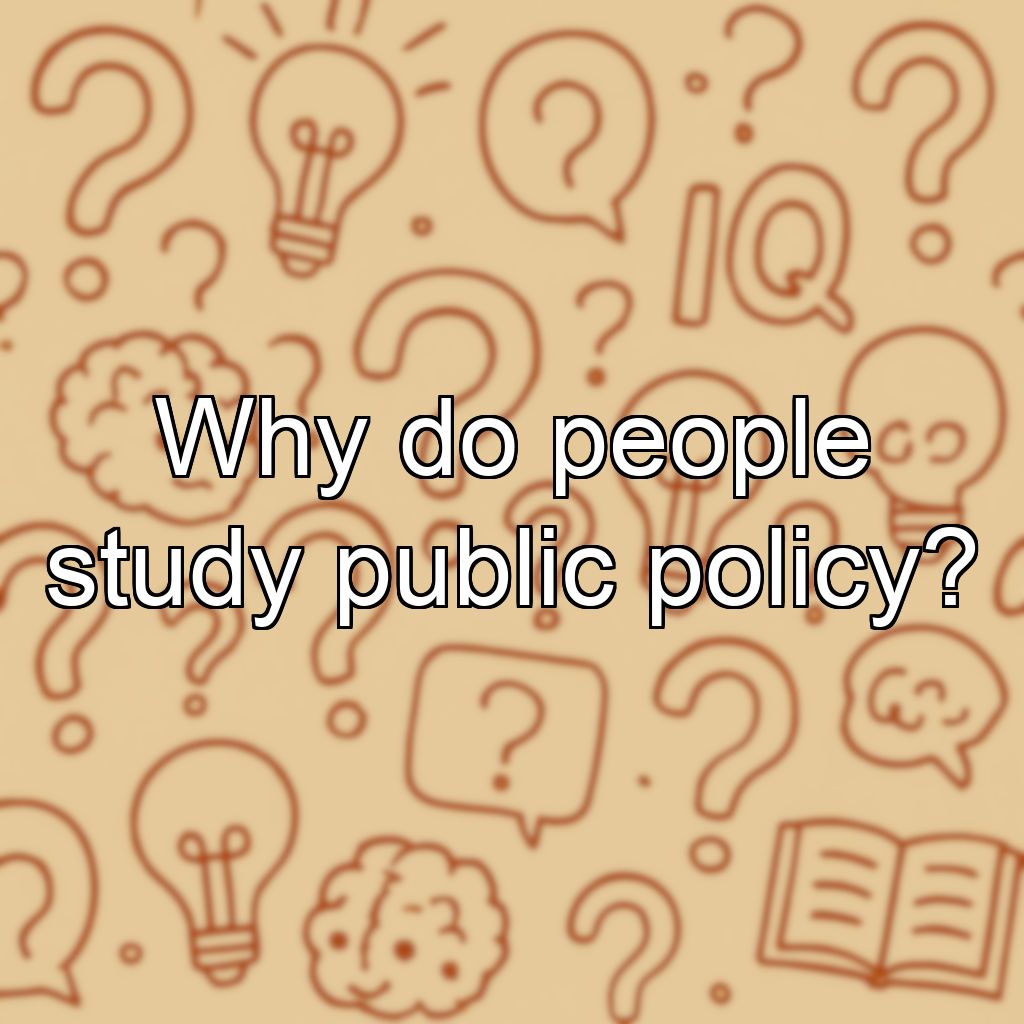Why do people study public policy?

Why People Study Public Policy
People study public policy for several important reasons, both practical and intellectual. Public policy is the study of how governments and organizations make decisions that affect societies. Understanding these processes equips individuals to analyze, influence, and improve the policies that shape our daily lives.
Main Reasons for Studying Public Policy
- Understanding Societal Issues: Public policy studies help individuals comprehend complex social, economic, and political issues, such as healthcare, education, the environment, and justice.
- Developing Solutions: Through research, analysis, and critical thinking, students of public policy learn how to propose effective and evidence-based solutions to public problems.
- Influencing Decision-Making: Studying public policy enables people to participate in, or advise on, policymaking processes in governments, NGOs, and international organizations.
- Career Opportunities: Public policy knowledge opens up diverse careers in government, non-profits, advocacy groups, think tanks, and international bodies.
- Ethical and Civic Engagement: It fosters a sense of civic responsibility and ethical awareness regarding public decisions and their impacts on various communities.
- Leadership and Management: Public policy programs often teach vital skills in leadership, negotiation, and public management, which are valuable across many sectors.
Conclusion
Overall, people study public policy to gain the knowledge and skills needed to understand, evaluate, and improve the decisions that shape society. This empowers them to become thoughtful leaders and informed citizens capable of making a positive impact.